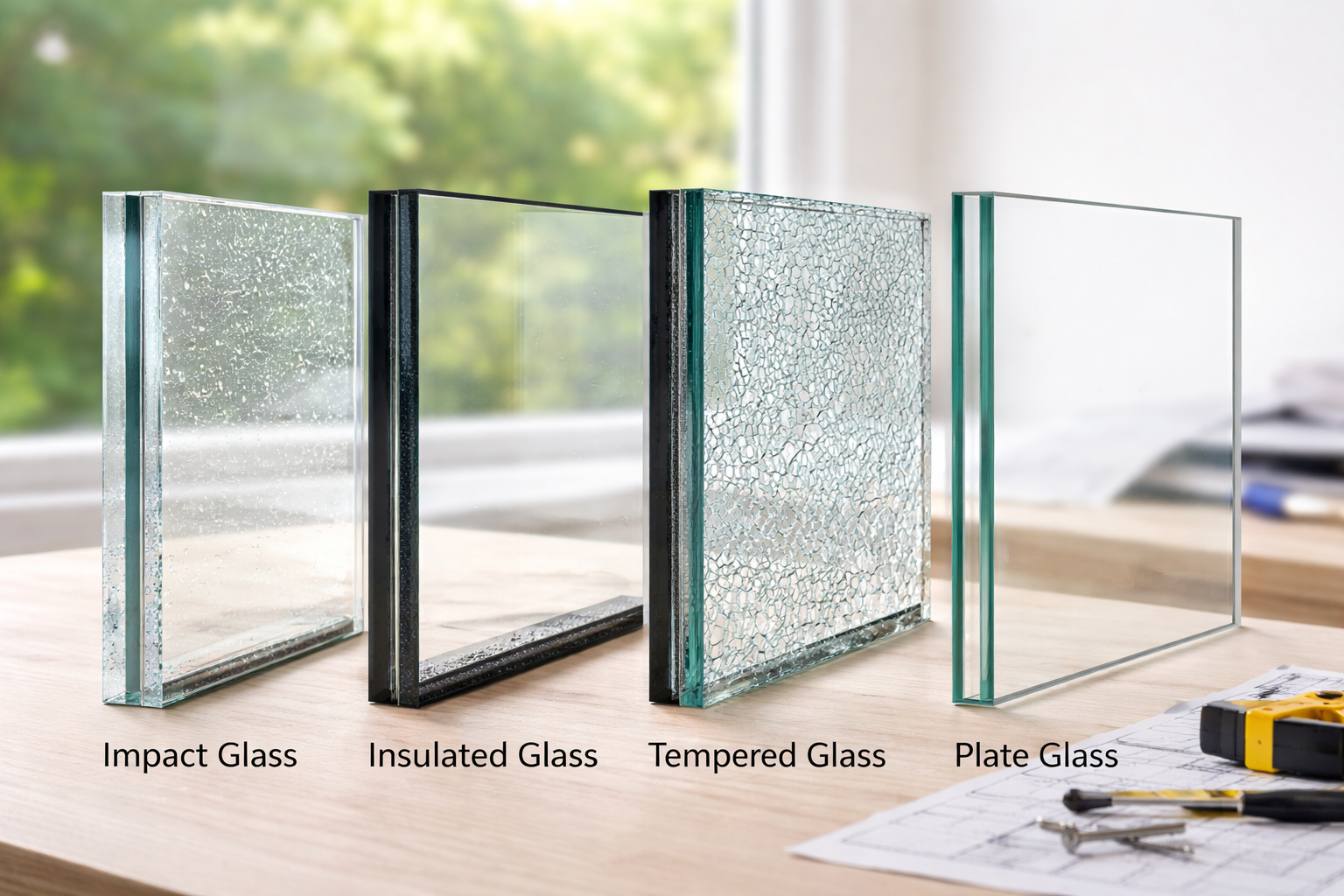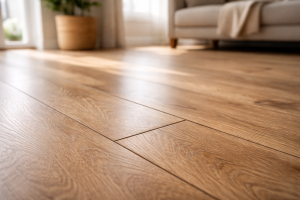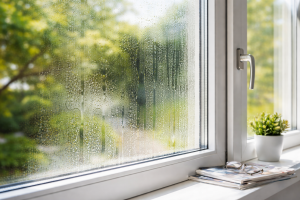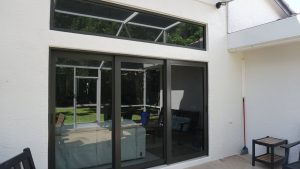Understanding the Different Types of Glass: Impact Glass, Insulated Glass, Tempered Glass, and Plate Glass
When it comes to windows and doors, the type of glass used can make a significant difference in both performance and safety. Whether you’re looking for increased security, better insulation, or enhanced durability, understanding the features of various types of glass will help you make the right choice for your home. Here’s a breakdown of four popular types of glass used in windows and doors: Impact Glass, Insulated Glass, Tempered Glass, and Plate Glass.
1. Impact Glass
What It Is:
Impact glass, also known as laminated or hurricane-resistant glass, is specially designed to withstand strong impacts. It consists of two layers of glass with a durable plastic interlayer, which helps the glass absorb and distribute the force of impact.
Features:
- Safety and Security: Impact glass is most commonly used in hurricane-prone areas, as it can withstand high winds, flying debris, and harsh weather conditions. The interlayer prevents the glass from shattering, ensuring your home remains secure during storms.
- Noise Reduction: The laminated structure helps reduce noise from the outside, providing a quieter indoor environment.
- UV Protection: Impact glass often comes with UV-filtering properties that help protect your furniture and flooring from fading due to sun exposure.
- Energy Efficiency: Provides excellent insulation and can help with reducing heating and cooling costs.
Ideal For: Homeowners in areas with high storm risks or for those looking to enhance home security and energy efficiency.
2. Insulated Glass
What It Is:
Insulated glass, often referred to as double or triple glazing, consists of two or more glass panes separated by a sealed air space. This design traps air (or an inert gas like argon) between the panes, creating a barrier that enhances thermal efficiency.
Features:
- Energy Efficiency: Insulated glass helps maintain a comfortable indoor temperature by reducing heat transfer. It keeps the cold out during winter and the heat out during summer, improving the energy efficiency of your home.
- Condensation Control: The insulating layer helps prevent condensation from forming on the interior glass surface, which can be a problem in colder climates.
- Sound Insulation: This type of glass also provides better soundproofing, making it ideal for homes in noisy areas.
- Environmental Benefits: By improving insulation, insulated glass can reduce the need for heating and cooling, lowering your carbon footprint.
Ideal For: Homeowners looking to improve energy efficiency, reduce noise, and maintain a more comfortable living environment.
3. Tempered Glass
What It Is:
Tempered glass is heat-treated to increase its strength. It is made by heating the glass to a high temperature and then rapidly cooling it, which results in a much stronger glass than regular glass. Tempered glass is also designed to break into small, blunt pieces rather than sharp shards, making it safer in the event of breakage.
Features:
- Strength and Durability: Tempered glass is four to five times stronger than standard glass, making it more resistant to impacts and temperature changes.
- Safety: If tempered glass breaks, it shatters into small, rounded pieces that are much safer than traditional glass shards, reducing the risk of injury.
- Heat Resistance: Due to its treatment, tempered glass can withstand high temperatures, making it suitable for use in areas with extreme temperature fluctuations.
- Uses: It is commonly used in areas like shower enclosures, glass doors, glass railings, and automotive windows.
Ideal For: Homes needing stronger, safer glass, particularly in high-traffic areas or places where safety is a concern.
4. Plate Glass
What It Is:
Plate glass is a type of float glass that is formed by pouring molten glass onto a flat surface, where it is allowed to cool and harden. It is often polished to create a smooth, clear surface.
Features:
- Clear and Flat Surface: Plate glass is known for its smooth, clear surface, making it a popular choice for windows, mirrors, and display cases.
- Less Strength: Compared to tempered or laminated glass, plate glass is more prone to breaking and shattering, making it less ideal for areas that require extra durability or safety.
- Customization: Plate glass can be cut, shaped, and polished easily, allowing for various applications, including custom window designs.
- Cost-Effective: Plate glass is often more affordable compared to other types of glass like tempered or insulated glass.
Ideal For: Homeowners needing clear, flat glass for decorative purposes, like windows and mirrors, or those who are on a budget and don’t require extra strength.
Conclusion
Choosing the right type of glass for your windows and doors depends on your specific needs and priorities. Impact glass is perfect for homes in storm-prone areas, while insulated glass is ideal for energy efficiency and noise reduction. Tempered glass is an excellent choice for safety and durability, while plate glass is a cost-effective option for clear, smooth surfaces. Understanding the features of each type will help you make an informed decision to enhance your home’s comfort, security, and energy efficiency.
If you’re ready to upgrade your windows or doors with the right type of glass, be sure to call the experts at Complete Sliding Doors & Windows is here to help. Their experienced team can guide you in selecting the best glass for your needs and ensure proper installation. Contact us today at or visit www.completeslidingdoors.com for more information.






